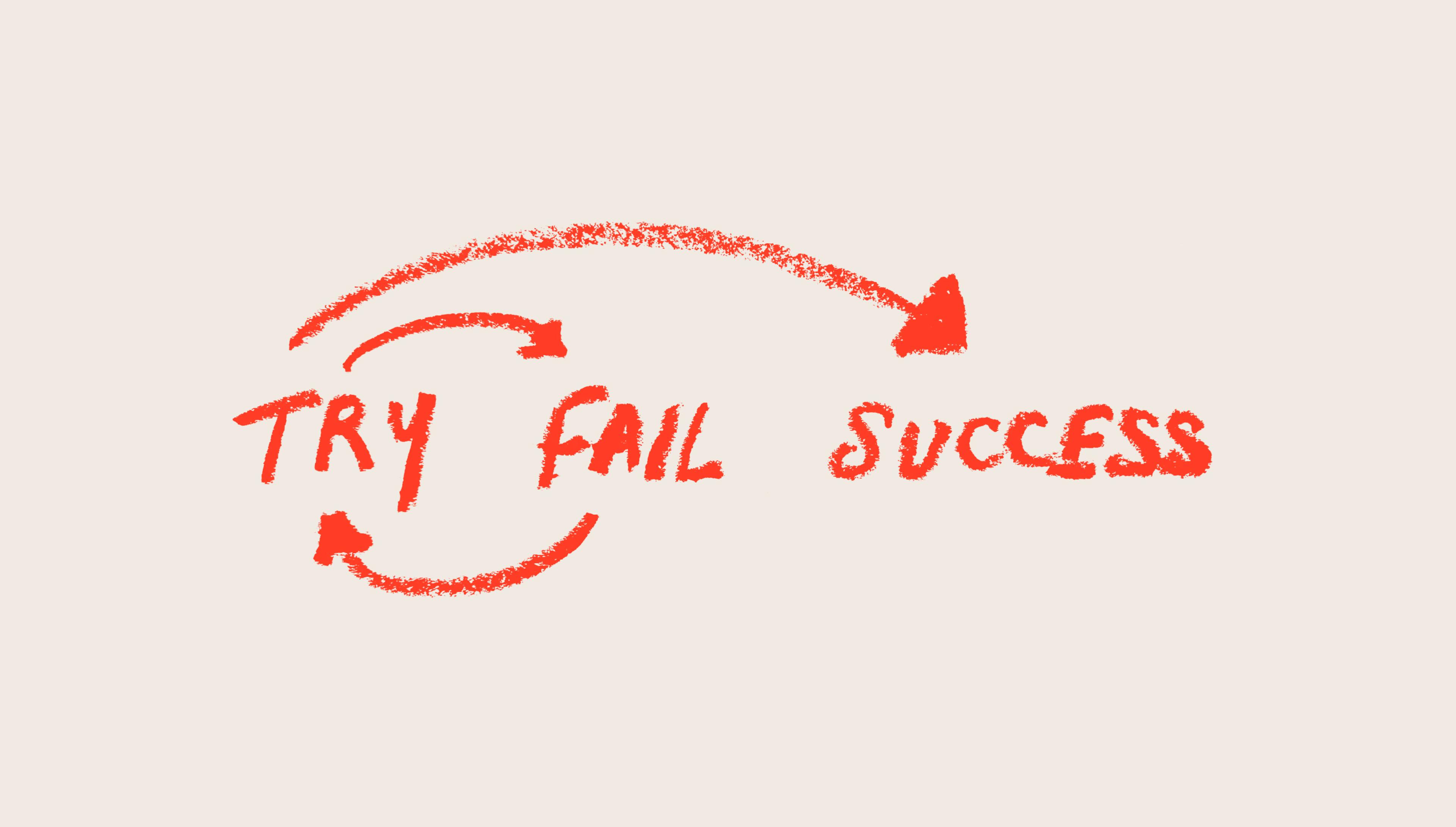Daring to be wrong
You cannot pretend to generate true creativity if you don’t watch trends, if you are not curious enough to guess what’s coming next. But this implies daring to be wrong. A state of mind that requires a huge amount of energy.
After spending 3 years convincing clients that hybrid events was the new normal, we witness today that both organisers and participants see hybrid more as a constraints than an opportunity. We are still convinced hybrid opens new communication doors and extends events reach, but we acknowledge that the “hybrid as new normal” we described so many times as the most certain trend, did not happen.
In the same way, cryptos, NFCs and Metaverse were expected to change the world. They have, and maybe they still will. But after few months of trends, a simple hesitation of few key actors suffices for the whole world to start thinking they might not be as promising as expected. In the specific cases of cryptos, NFCs and Metaverse, if they are still considered promising, they are not trend number one anymore. Because number one today is A.I. (April 2023). And A.I. is actually trending so much that some solutions are already obsoletes after few months on the market.
Investing in research and innovation is a risk. All financial investments spent in development, testing and commercial efforts can bring very limited return. Worse, the energy and motivation of a team that focused for months on a specific topic can disappear in a snap. You risk a potential high loss simply because you backed the wrong horse, or because some external factors intervened in the process (decision from a key player, war, sanitary crisis, you name it).
So the question is : is it worthy? Financial loss, team motivation, team overload : is the risk worth taking?
Our answer is : it depends how much you learn.
- How you consider these fails as an opportunity for your team to grow. How it contributes to your processes, how it helps opening your minds. That’s the interesting part of not knowing : what looks like a lost investment today might actually end up being a winning choice tomorrow (the story of QR code, announced dead few years ago and now trending again is a great example).
- How this state of mind cultivates curiosity among your staff. How it therefore helps you fostering creativity.
- Daring to be wrong is also making sure to have an opinion and bring something on the table. Recognizing this opinion might be wrong allows debate, brainstorming and ideas generation.
So, we don’t know, we explore and we guess.
We test and we improve.
This requires energy, staff and money.
And it is necessary to stand out.
